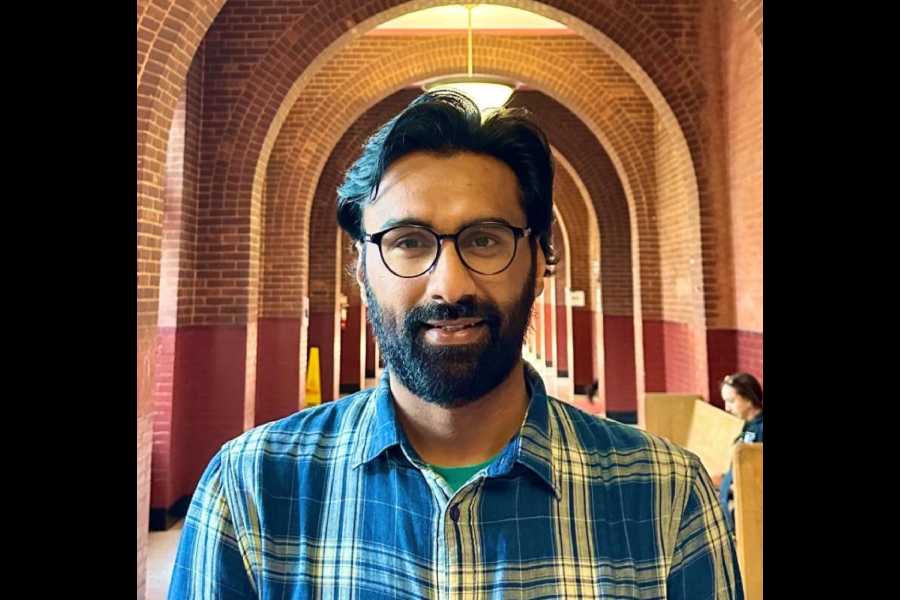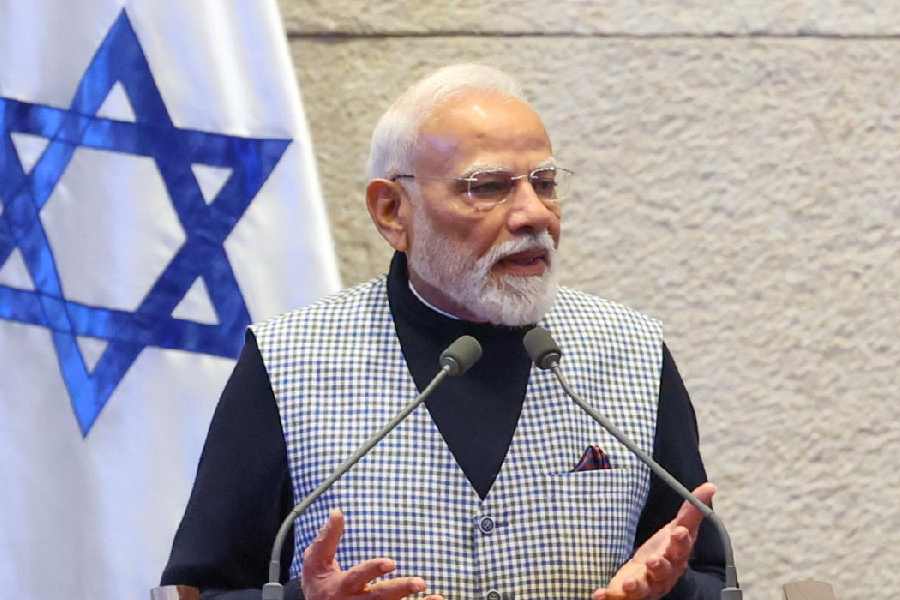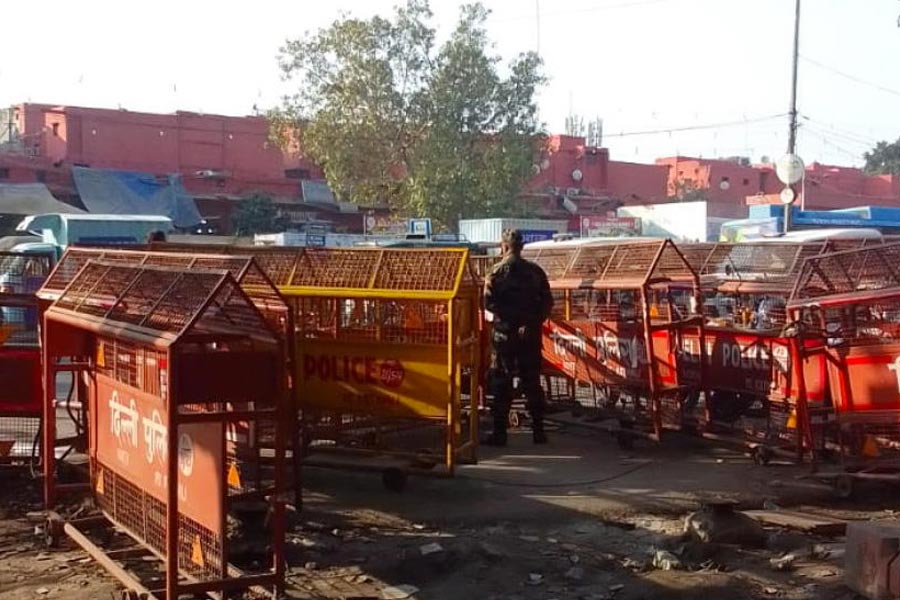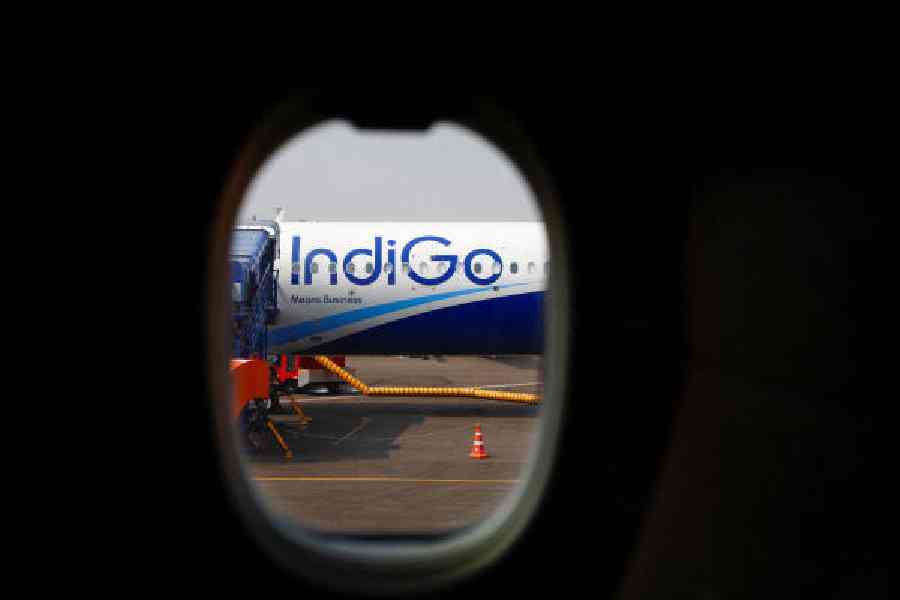The external affairs ministry on Friday said it expected Indians living overseas to abide by local laws, weighing in on the case of two Indian scholars whose visas have been cancelled over the past week for alleged support of Hamas.
Sidestepping a question on whether India had raised the cases of Ranjani Srinivasan and Badar Khan Suri with the US, ministry spokesperson Randhir Jaiswal said neither researcher had reached out to the government here or in the US for help.
Responding to a number of questions on the two cases at the weekly briefing, he said: “When it comes to visa and immigration policy, it is something which lies within the sovereign functions of a country. We, on our side, we expect that when we have foreign nationals coming to India they abide by our laws and regulations. Similarly, it is our expectation that when Indian nationals are abroad they must also comply with local laws and regulations.”
Srinivasan, who was a doctoral student at New York’s Columbia University, self-deported and moved to Canada on March 11, six days after the US state department revoked her visa for allegedly being “involved in activities supporting Hamas”.
Suri, a postdoctoral fellow at Washington’s Georgetown University, was arrested outside his residence on Monday night. He had been shifted to a detention centre for deportation, which has since been blocked by a US federal court. A foreign exchange student, he is accused of “actively spreading Hamas propaganda and promoting antisemitism on social media”. Suri is married to an American of Palestinian descent.
To a specific question on Srinivasan’s claim that she had sought the help of the government in getting her tenure renewed at Columbia University, Jaiswal said he was not aware of her getting in touch with the Indian consulate or the embassy for any help. “We only came to know of her departure from the US through media reports.”
Asked if India was well within its right to offer support to Suri who is facing a grave charge, especially since his university has come out in his defence, the spokesperson said: “Neither the student nor the government has got in touch with us. If they get in touch with us, we will see how best to engage in this particular matter.”
Jaiswal added that the Indian embassy and consulates were there to help Indian students if they faced any problems.
In a court order dated March 20, US district judge Patricia Tolliver Giles said: “It is ordered that petitioner (Suri) shall not be removed from the United States unless and until the court issues a contrary order.”
Suri’s lawyer Hassan Ahmad had filed a petition for a writ of habeas corpus on March 18. According to the petition, the Department of Homeland Security had arrested and charged Suri with “removability” on March 17.
At the time of filing, Suri alleged he was being detained at the Farmville Detention Centre in Farmville, Virginia, Giles’s order had noted.
Suri’s lawyer said he and his team were working “diligently” to secure his client’s removal from the detention facility. “We welcome Judge Giles’s ruling,” Ahmad said in a statement to CNN.
“It is the first due process Dr Suri has received since he was snatched away from his family on Monday night.”
A report in Politico had said that Suri, who was studying and teaching on a student visa, was “detained by federal immigration authorities amid the Trump administration’s crackdown on student activists whom the government accuses of opposing American foreign policy”.
The report said that “masked agents” arrested Suri from outside his home in Virginia on Monday night. Suri’s lawyer said in the petition that he was being punished “because of the Palestinian heritage of his wife Mapheze Saleh — who is a US citizen — and because the government suspects that he and his wife oppose US foreign policy towards Israel”.











